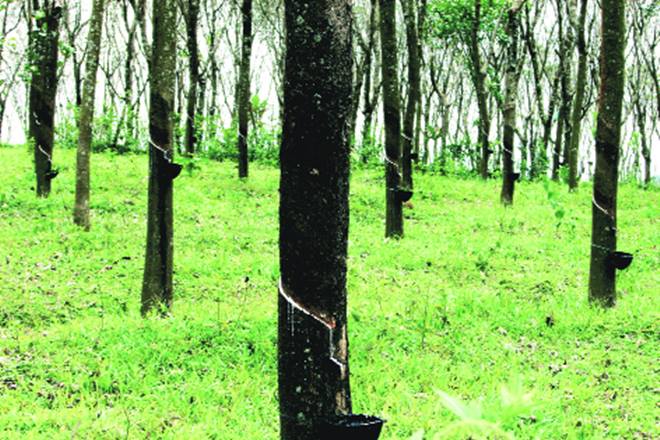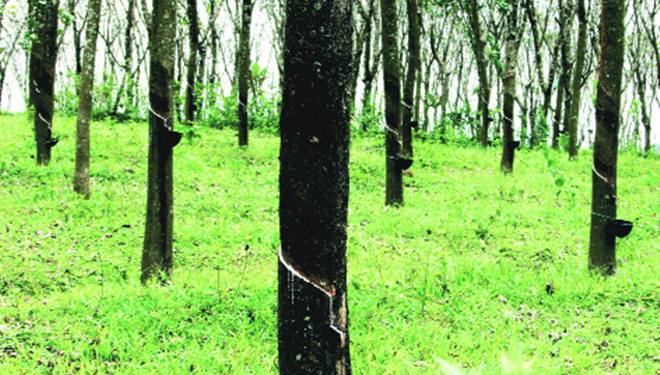Close on the heels of tyre manufacturers’ ringing alarm-bells over the Rubber Board data hinting domestic deficit in natural rubber (NR) production, Board has come out with fresh projections to argue that NR output would reach the anticipated level soon.

Production during January 2017 is 66,000 tonnes whereas it was 52,000 tonnes in January 2016. Increase in production during the period April 2016 – January 2017 compared with the corresponding period last year is 14.84%.
Close on the heels of tyre manufacturers’ ringing alarm-bells over the Rubber Board data hinting domestic deficit in natural rubber (NR) production, Board has come out with fresh projections to argue that NR output would reach the anticipated level soon. Instead of necessitating NR imports, export has also gone up, says the latest figures. India’s NR production, during January 2017, shows an increase of 26.93% compared with the production during the same period last year, according to a statement by Rubber Board.
Production during January 2017 is 66,000 tonnes whereas it was 52,000 tonnes in January 2016. Increase in production during the period April 2016 – January 2017 compared with the corresponding period last year is 14.84%. Total production in the current fiscal up to January 2017 is 5,65,000 tonnes whereas it was 4,92,000 tonnes during the same period last year.
“If this trend continues, production of NR during the fiscal is expected to reach the anticipated 6.54 lakh tonne,” says a senior official of Rubber Board. It is hardly a fortnight since ATMA (Automotive Tyre Manufacturers Association) approached the Union commerce ministry with a demand of zero-duty import of NR, citing possibility of a shortage in domestic market.
In a representation to the Centre, the industry had asked for duty-free import of rubber equivalent to the projected domestic deficit.
However, instead of necessitating imports, the new data point to an increase in export of rubber. This is due to the prevailing relatively higher international market price. Export of NR up to February 20, 2017 is 12,000 tonnes, said the Board.
The steady surge in production of NR can be attributed to improved market price and initiatives taken by the Board at field level, including mass contact programmes to improve production and productivity, said the Board.
In the first phase of “Recognition of Prior Learning (RPL)” training programme under PMKVY, about 10,000 persons were trained in rubber tapping and processing. The ministry of skill development and entrepreneurship has approved the second phase for training another 22,000 persons in rubber tapping and processing in Kerala, Tripura and Assam.
According to the Board, the Centre will soon conduct a study on the impact of the recent RPL training programmes.




























